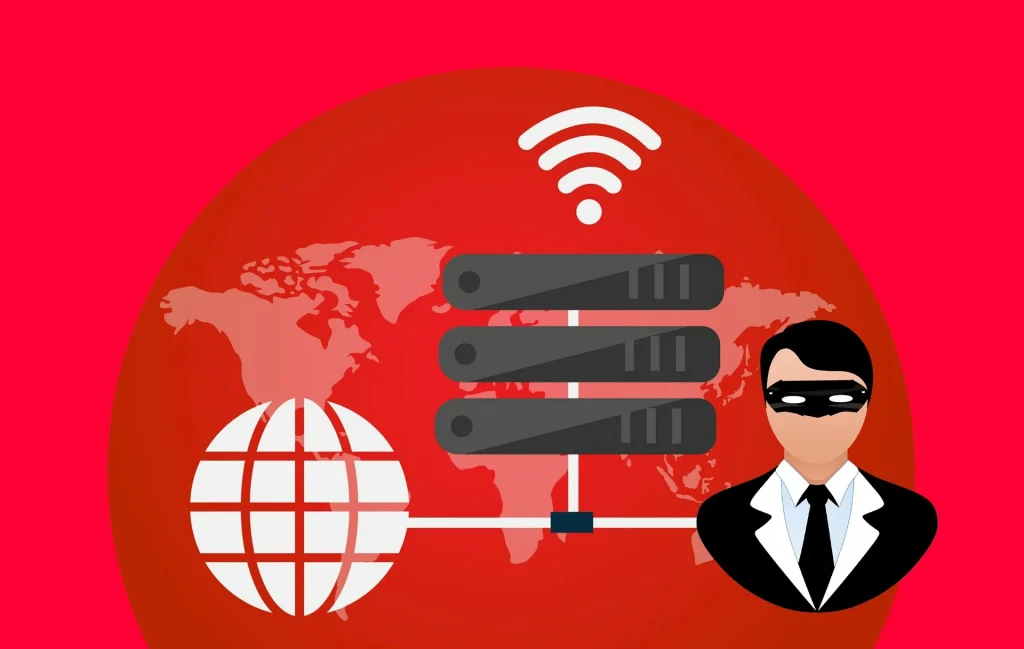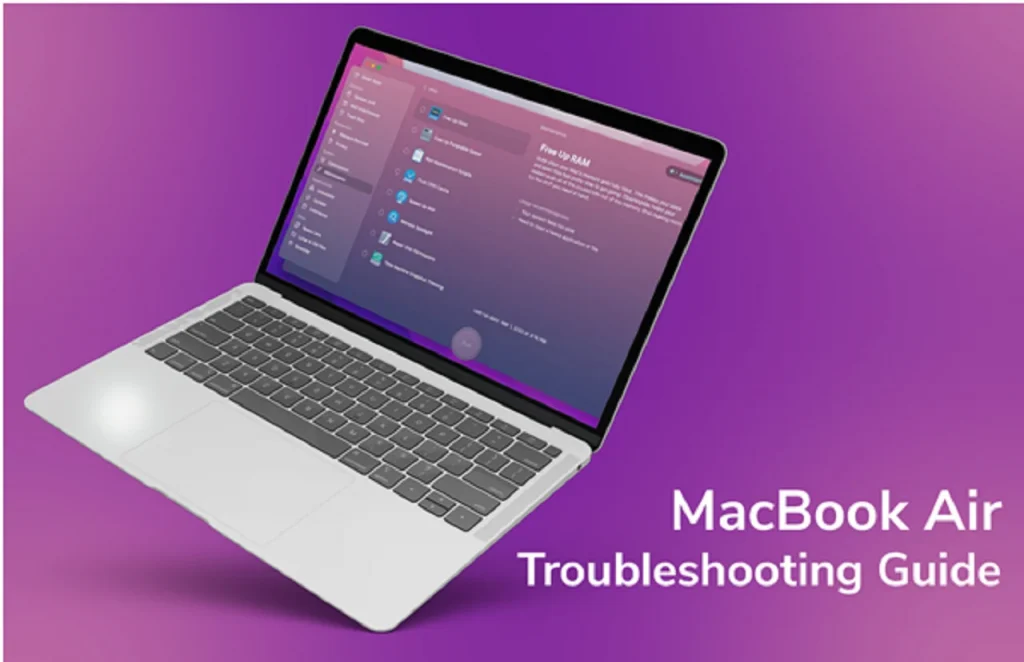In the same way advancements in technology have created tools that advance online privacy, so too have they made tools that do the contrary. With the right tools, government agencies, hackers, internet service providers (ISPs), and marketers can easily invade your privacy and snoop around, acquiring vital and sometimes sensitive information about you. These tools can easily retrieve your digital footprint, including the websites you have visited and your location, by only relying on your IP address. They can also access information about the browser you are using, your operating system, and more. So, preventing prying eyes from getting access to any data is paramount. And this is where proxies come in.
What is a Proxy?
A proxy is a software or computer that intercepts communication between a browser and a web server. Thus, requests sent by the former and responses sent by the latter first go through the proxy before being directed to the target destination. In most cases, the proxy assigns the outgoing requests a new IP address, hiding the actual address. This anonymizes the browsing experience as the proposals appear to originate from the proxy rather than a user’s computer. In fact, the use of these proxies also changes your location.
For instance, a US proxy will assign your computer a US-based IP address, making it seem as though you are located in the United States. Such a proxy comes in handy when you wish to access otherwise geo-restricted content from websites that are only accessible to people in the North American market. For more information on US proxies, check out this new article.
In other cases, however, the proxy does not hide the IP address nor assign a new online identity. This is usually the case when it comes to reverse proxies, which are found on the server’s side, and transparent proxies, designed to block access to certain predefined websites without letting users know that their traffic is being routed through an intermediary. Thus, avoiding these two proxy types is vital if you are looking for the best proxies for anonymous browsing. So, what is the best option?
Best Proxies for Browsing
The best proxies for anonymous browsing include:
- Residential proxies
- Datacenter proxies
- Anonymous proxies
- High anonymity proxies
- Shared proxies
- Rotating proxies
1. Residential Proxies
A residential proxy is software installed on real users’ computers or mobile phones that routes traffic through these devices. Under this arrangement, the requests appear to originate from these users’ smartphones and internet-connected devices rather than the actual senders, which could be web scraping bots.
Residential proxies assign residential IP addresses, masking the real IP address of the incoming requests. This way, they provide excellent online anonymity. In addition, a residential proxy can bypass geo-blocking (as is the case with the US proxy example above), manage multiple social media accounts, facilitate large-scale web scraping, and prevent ad fraud through ad verification.
2. Datacenter Proxies – Best Proxies
Datacenter proxies are affiliated with data centers. This implies that the internet traffic is routed through powerful data center computers, with the requests acquiring data center IP addresses. By assigning new IP addresses, data center proxies provide online anonymity as they hide the user’s real IP address.
3. Anonymous Proxies
Anonymous proxies hide a user’s real IP address but identify themselves to a web server as a proxy service. And although this proxy type discloses its identity, it still provides excellent online anonymity.
4. High Anonymous Proxies
A highly anonymous proxy masks a user’s real online identity, providing one layer of anonymity. And unlike the anonymous proxy, it goes the extra mile by not disclosing that it is a proxy server. These aspects imply that highly anonymous proxies provide excellent anonymity.
5. Shared Proxies
While shared proxies are shared among multiple users, i.e., many computers are routed through the same server, they promote anonymity. Lumping many users together makes it hard for prying entities to single out a user who may have been responsible for a particular request. That said, shared proxies are unreliable and may easily predispose users to security breaches and attacks.
6. Rotating Proxies
A rotating proxy promotes online anonymity by periodically changing the assigned IP addresses. Simply put, they reduce the time a single online identifier is attached to the outgoing requests. In this regard, they lower the probability of the success of any tracking efforts. There are two types of rotating proxies, namely rotating residential proxies and rotating data center proxies.
Conclusion
As technology evolves, creating sophisticated tracking tools, it is essential to stay ahead of entities such as government agencies, hackers, and marketers, who are keen on tracking your online behavior. Proxies, mainly residential, data centers, anonymous, high anonymity, shared, and rotating proxies, are the best proxies for anonymous browsing. They serve this function by masking the real IP address and, in its place, assigning a new online identifier.



Hemen Bilgi Alın. Yüksek Kalite ve Ekonomik Kompresör. İndirimi Kaçırmayın.